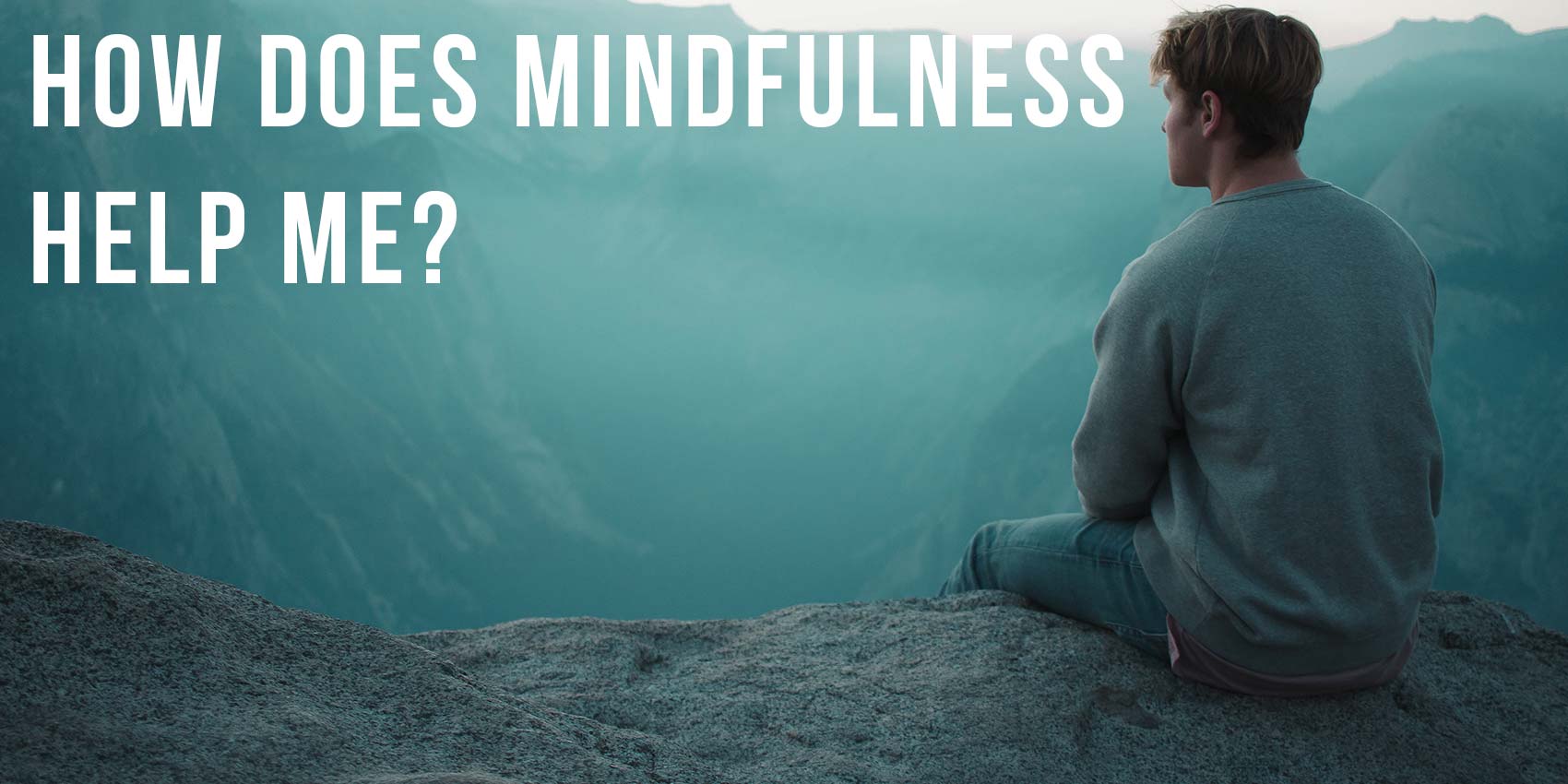03 Mar How does mindfulness help me?

Mindfulness is a way to stay focused in the present because too often our minds become cluttered with the distractions of modern life. Just like Harrison, many people may feel overwhelmed at times. Ask yourself: How much time do you spend thinking about the past? How much time do you spend worrying about the future? A lot? Well that’s totally normal!!! But we don’t want to forget about the present because the present matters too. We want to be able to enjoy and live fully in the present moment and this is what mindfulness helps us to do.
People who regularly practice mindfulness will tell you how much more in control of their lives and calm it makes them feel. But don’t just take their word for it. Scientific research shows that mindfulness makes people happier and healthier; it lowers blood pressure and cortisol levels, increases immune response, improves sleep and even enhances creativity. (source: https://mindfulnessinschools.org/wp-content/uploads/2013/02/MiSP-Research-Summary-2012.pdf)
In fact for people suffering from depression, when mindfulness was combined with CBT (cognitive behavioral therapy – the best known counseling treatment for depression), the combination resulted in the same improvements that would have been seen from taking an antidepressant.
Not enough proof that mindfulness works? Well how about actual changes in your brain? MRI scans (Magnetic Resonating Images – like a super x-ray without the nasty side effects) show that meditating for a half hour daily can increase grey matter density (our brain cells) in an area essential for focus, memory and comprehension. Prior research showed monks (who have meditated for approximately 10,000 plus hours) had extraordinary growth and activity in this part of the brain.
But how exactly can mindfulness help you in your daily life? Mindfulness helps the average person to stay on task because it trains the brain to stay focused. Moreover, it helps the average person to be less controlled by his/her thoughts, which in turn causes a decrease in anxiety and stress.
In fact 163 studies show that mindfulness lowers anxiety levels. How? Largely by being able to stay focused on the present moment and to not be controlled by negative thoughts. Mindfulness teaches the brain that when a negative thought pops into your head, you don’t have to be overwhelmed by it. Instead, it becomes just another thought, one that you can choose to pay attention to, or one you can ignore. Settling the mind like this changes, for the better, the actual size of the brain area that promotes fear, anxiety and paranoia – the amygdala. Yes, you read that right – mindfulness helps shrink the area of your brain that promotes anxiety! (Source: https://blogs.scientificamerican.com/guest-blog/what-does-mindfulness-meditation-do-to-your-brain/)




kylie lyden
Posted at 14:57h, 02 MarchTo control the negative thoughts in my head I think about positive things to try and forget about the negatives.
WLKHS2320
Posted at 14:57h, 02 MarchWhen I have negative thoughts in my head, I listen to music to calm myself down
wlkhs2306
Posted at 14:55h, 02 MarchI think about happy memories to block out the negative
WLkHS 2304
Posted at 19:10h, 29 FebruaryI simply ignore most of negative inputs and thoughts in my head. I do this by putting positive feelings and thoughts, even events that I enjoy.
gabe
Posted at 18:19h, 28 FebruaryI call my friend.
WLKHS 2208
Posted at 17:13h, 28 FebruaryUsually to control the negative thoughts in my head, I would try and accept the feeling and let it pass. Afterwards, I would try to think positive and in the present so my thoughts don’t wonder back into negativity.
WLKHS2221
Posted at 17:08h, 28 FebruaryI control the negative thoughts in my head by taking a deep breath or talking a walk. This helps me because I then focus on other things, instead of negative thoughts, Mindfulness also helps me focus on what I am doing in the moment and it helps me focus more.